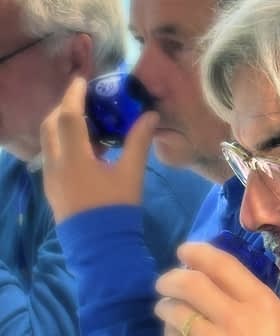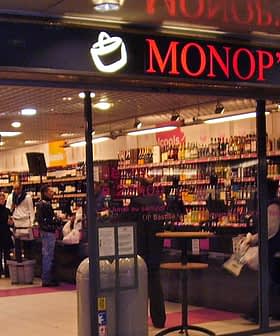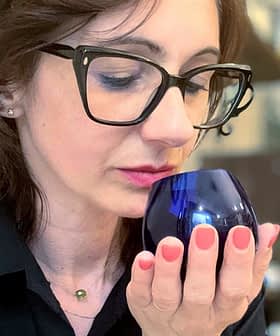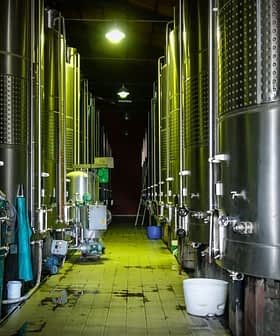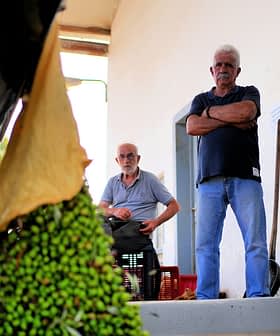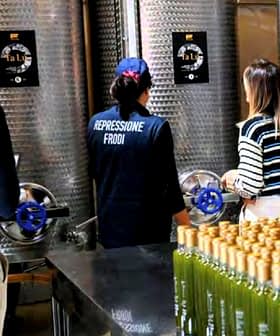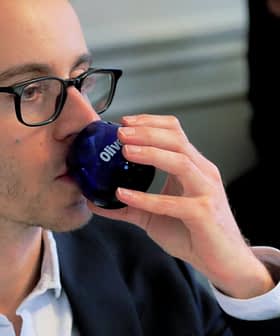Italian Court Quashes Lidl Italia Fine for Mislabeled Olive Oil
The German supermarket chain was found to be not negligent in mislabeling virgin olive oil as extra virgin.
 10.5K reads
10.5K readsAn Italian court has overturned a €550,000 fine against Lidl for mislabeled olive oil, ruling that the company had shown a normal degree of diligence in its due diligence process. The court found that the olive oil in question only met virgin quality standards, but was not harmful to human health, leading consumers to pay higher prices for lower quality.
An Italian court has nullified a half-million-Euro fine against Lidl for selling bottles of mislabeled olive oil.
…it cancels a fine not for reasons of quality and possible harm to consumers, but because the AGCM did not describe very well why the professional behavior was negligent.
In 2016, Italy’s Antitrust Authority (AGCM) fined the German discount supermarket chain €550,000 (about $679,000) after a sensory panel flagged its Primadonna brand of extra virgin olive oil.
Konsumer Italia, a consumer protection agency, commissioned the tests on Primadonna as well as on six other Italian olive oil brands in order to crack down on suspected fraud in bottle labeling.
The panel determined that the organoleptic characteristics of Primadonna’s olive oil failed to meet the strict extra virgin qualifications and instead could only be classified as virgin olive oil. The AGCM also accused Lidl of rushing the oil onto the shelves without doing the proper due diligence.
The supermarket’s legal team disputed both of these charges, accusing the sensorial panels of being “subjective assessments” and providing insufficient evidence of wrongdoing.
During the trial, Lidl’s defense team said that the company undertakes a series of checks with each batch of incoming olive oil.
“The contract between Lidl Italia and Fiorentini Firenze [the supplier for the Primadonna brand of olive oil] provides for a series of checks on the product supplied,” the defense said in a statement.
“A first check is made by Fiorentini Firenze in its laboratories. The samples of that product, in accordance with the contractual provisions, are then sent to Germany at the prestigious Eurofins laboratory. In the face of those two compliant analyzes, the product can be marketed.”
In its verdict, the Administrative Court of Lazio confirmed that the Primadonna brand olive oil only met virgin quality standards. The downgraded olive oil was deemed not to be harmful to human health, but led consumers to pay higher prices for lower organoleptic quality.
However, the court also said that Lidl had demonstrated a normal degree of diligence.
“In the face of the control measures and the verification system that Lidl has shown to have adopted in order to meet the standards of diligence imposed on a food business operator,” the Administrative Court said in its ruling.
“The sanctioning provision does not clarify for what reason the set of instruments prepared and concretely used by the professional could not be considered sufficiently suitable, according to the rules of normal prudence, to prevent the occurrence of the contested event, the marketing of a product not compliant with declared on the label.”
Luca Bucchini, a food law expert and managing director of Hylobates Consulting, said that negative sensorial panel tests are unlikely to ever be the proverbial smoking gun in court cases such as these, but warned against Lidl’s efforts to disparage them.
“While positive panel tests are important to show compliance, negative panel test results alone may not be sufficient for authorities to win important cases against brands, in court”, Bucchini told Foodnavigator.com. “Nothing suggests you can forgo panel tests if you produce extra virgin olive oil.”
Fabrizio Premuti, the president of Konsumer Italia, said he was disappointed by the ruling and plans to appeal to the Council of State, the next level up in the Italian legal system. Premuti sees Lidl’s defense as irrelevant in protecting the consumer from fraudulently labeled oil.
“In our opinion, the verdict is quite surprising, as it cancels a fine not for reasons of quality and possible harm to consumers, but because the AGCM did not describe very well why the professional behavior was negligent,” he said.


